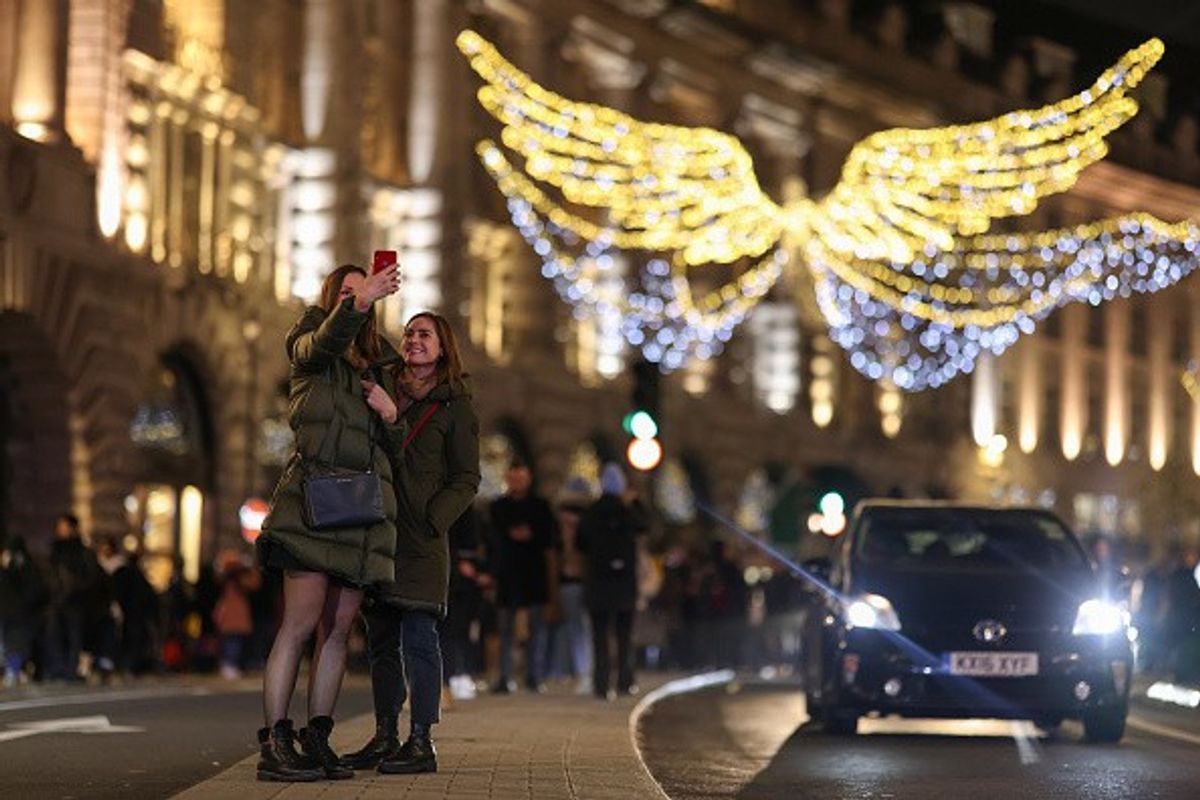A fresh wave of train strikes has hit Britain’s retailers even harder than the omicron variant of COVID-19 that threatened to ruin Christmas last year, shows a fresh data showing a steep drop in the number of shoppers.
According to Springboard, almost 10 per cent fewer people visited high-street stores on December 13 — the first day of a string of strikes across the rail network — compared with the same date in 2021 when Coronavirus restrictions were in place.
The downturn is likely to continue as thousands of members of the National Union of Rail, Maritime and Transport Workers and another labor group walked out on train companies December 13, with further strikes planned for December 15, 16 and 17.
Springboard said that up until 1 p.m. December 13, footfall was down 6.4 per cent year-on-year across all shopping areas including retail parks. High streets were worst affected, down 9.5 per cent. Compared with pre-Covid times, overall retail footfall dropped 26 per cent.
All regions of the U.K. suffered lower footfall except one, the East Midlands, which was up 4 per cent. The East of England was worst affected, with retail footfall 13 per cent lower than a year earlier.
“The impact on retail and hospitality businesses in what is a critical trading time of the year, less than two weeks before Christmas, will undoubtedly be severe and could mean failure for some,” said Diane Wehrle, insights director at Springboard.
Retailers were already suffering as consumers pull back from spending on non-essential items amid higher living costs. Many are holding large inventories of stock that they’re trying to shift in the key Christmas period.


